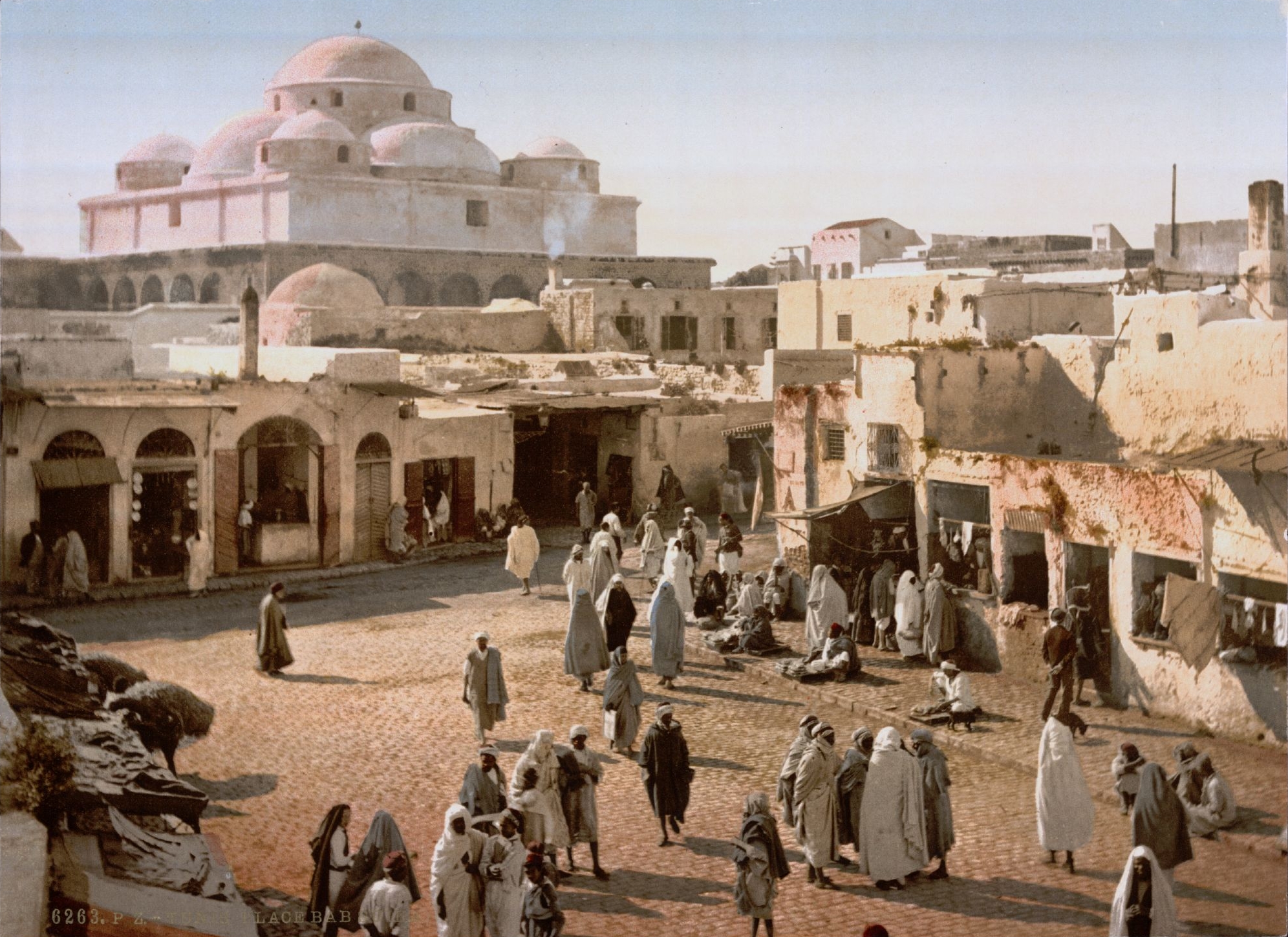Sarah Rashad
Day after day, the allegations propagated by the Ennahda movement in Tunisia as being the most open and enlightening wing of the Brotherhood are confirmed, as Tunisian society is still recovering today from the events of Bab Souika that date back to the 1990s, in which Ennahda was involved, according to a leader who resigned from the movement, Abdul Hamid al-Jalasi.
In his media statements, Jalasi apologized, acknowledging his political and moral responsibility for Ennahda’s attack on the headquarters of the ruling party at the time, as he was then a leader in the movement.
These confessions come against the background of testimony given by former Ennahda member Karim Abdel Salam in an interview with Radio Shems FM in Tunisia, in which he revealed how the Ennahda movement made weapons in the late 1980s and attacked and burned the headquarters of the ruling party, which caused the death of one of the security personnel.
These testimonies opened the file of violence for Ennahda and how it resorted to terrorism whenever matters narrowed.
Against this background, Tunisians reclaimed the assassinations of the politicians Chokri Belaid and Mohamed Brahmi, who were known for their rejection of political Islamist entities.
Ennahda leader and Parliament Speaker Rached Ghannouchi is facing demands to apologize for these confessions, but he has refused, saying in a statement that everything published in this regard comes as an attempt to transform the political movement into a security issue and link it to terrorism by those who failed to confront the political party at the ballot boxes.
Meanwhile, university professor and writer Olfa Youssef said in a statement that this fact of recognition carries indications, including that confessions of violence now come from within the movement and not just from outside it.
Youssef believes that the movement resorts to violence whenever circumstances narrow, and she expects that the movement will turn to violence again due to the closed political horizon resulting from differences with Tunisian President Kais Saied.
Ghannouchi could have admitted movement’s mistakes made against Tunisians and taken responsibility, but he chose to lie and continue to falsify history, Youssef added.
Tunisia is suffering a political crisis against the background of differences between the ruling institutions represented by the Presidency, the Council of Ministers and the Parliament, with each institution accusing the other of obstructing the course of work, while President Saied issues accusations against unknown people, describing them as “the lobbies” and “the corrupt”.








































admin in: How the Muslim Brotherhood betrayed Saudi Arabia?
Great article with insight ...
https://www.viagrapascherfr.com/achat-sildenafil-pfizer-tarif/ in: Cross-region cooperation between anti-terrorism agencies needed
Hello there, just became aware of your blog through Google, and found ...